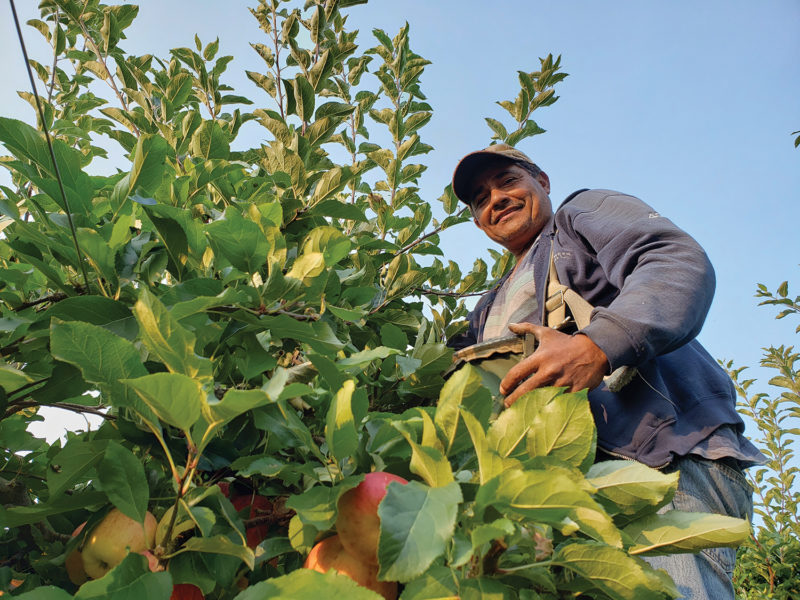Canada’s Seasonal Agricultural Worker Program (SAWP) could point the way to reforming how foreign workers are treated in Canada, according to a United Nations report.
Tomoya Obokata, special rapporteur on the global scourge of modern slavery to the UN Human Rights Council (UNHCR) issued a statement on September 6 at the end of a two-week visit that included meetings with government and industry as well as workers themselves.
Obokata singled out migrant workers as particularly vulnerable to contemporary forms of slavery thanks in large part to government policies. BC is among the four provinces called out for taking steps to enhance the rights of workers and prevent victimization, but the agricultural stream of the federally administered Temporary Foreign Workers Program (TFWP) remains “a breeding ground for contemporary forms of slavery.”
By contrast, workers participating in SAWP benefit from the bilateral agreements between Canada and the workers’ countries of origin that govern their employment.
“[They] have comparatively more protections, as their consulate is empowered to conduct inspections and move workers out of abusive situations,” Obokata said.
While abusive and oppressive situations continue, according to Obokata’s interviews with workers, he recommended SAWP as a model for the reform of foreign worker programs. Key recommendations urge Ottawa to strike “bilateral agreements with sending countries and permit consular oversight and protection of workers” similar to SAWP arrangements.
The report strikes a more critical tone than a Jamaica government report earlier this year that found no evidence to support claims of systemic slavery in SAWP, despite the need for improvements.
WALI Canada said at the time that steps were being taken to address shortcomings the Jamaica report noted in BC.
A comment was not immediately available from WALI regarding the recent UN report.


 AI risk rises with fall
AI risk rises with fall